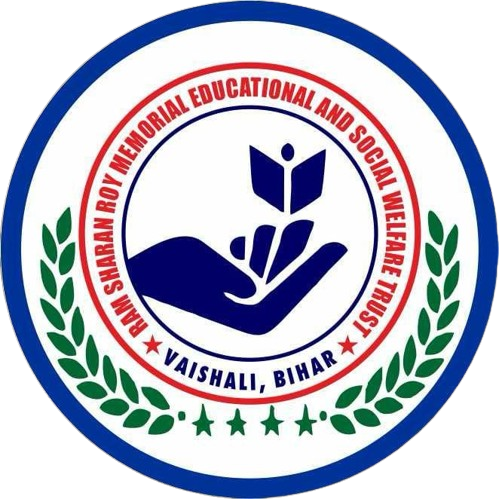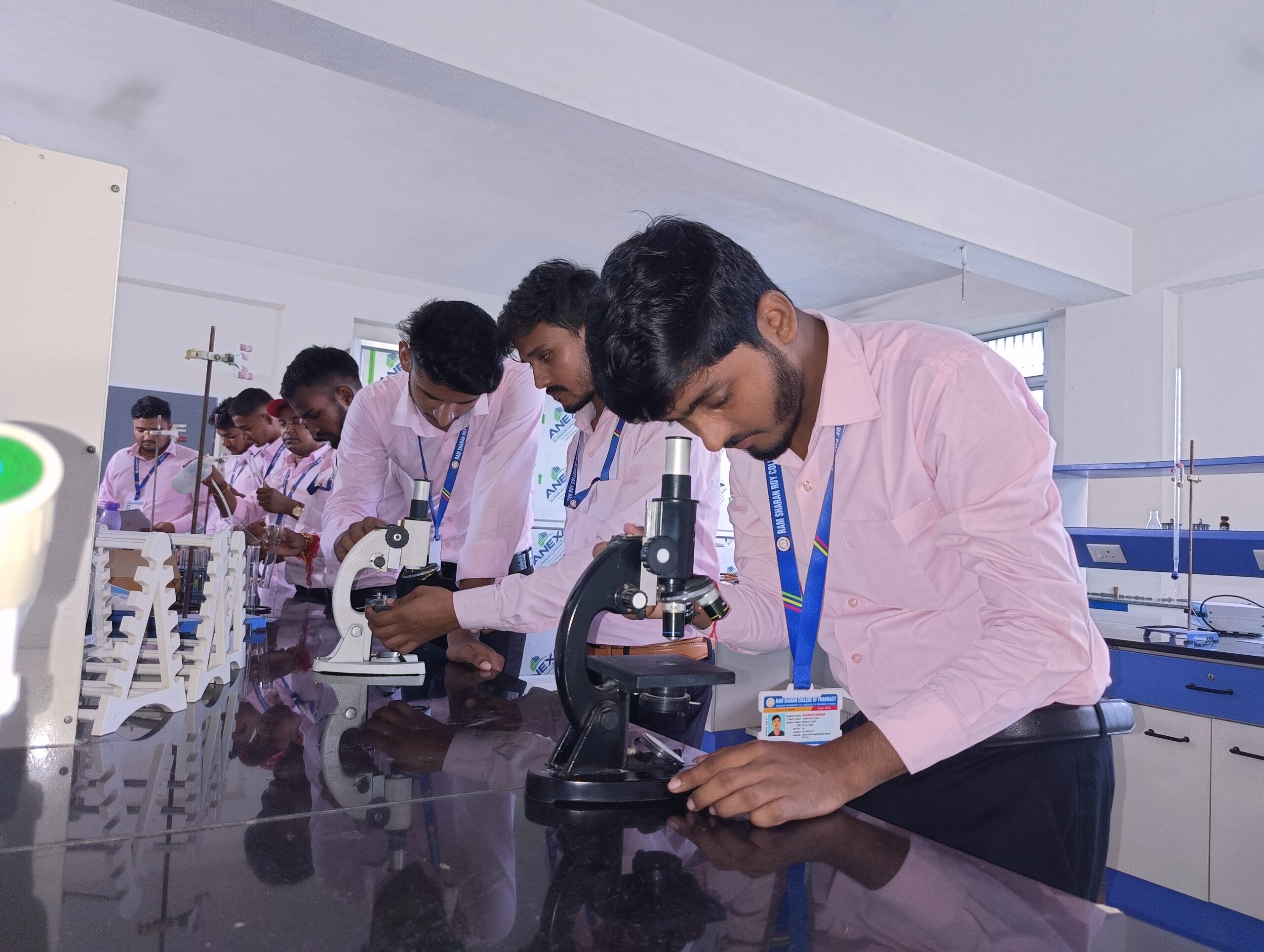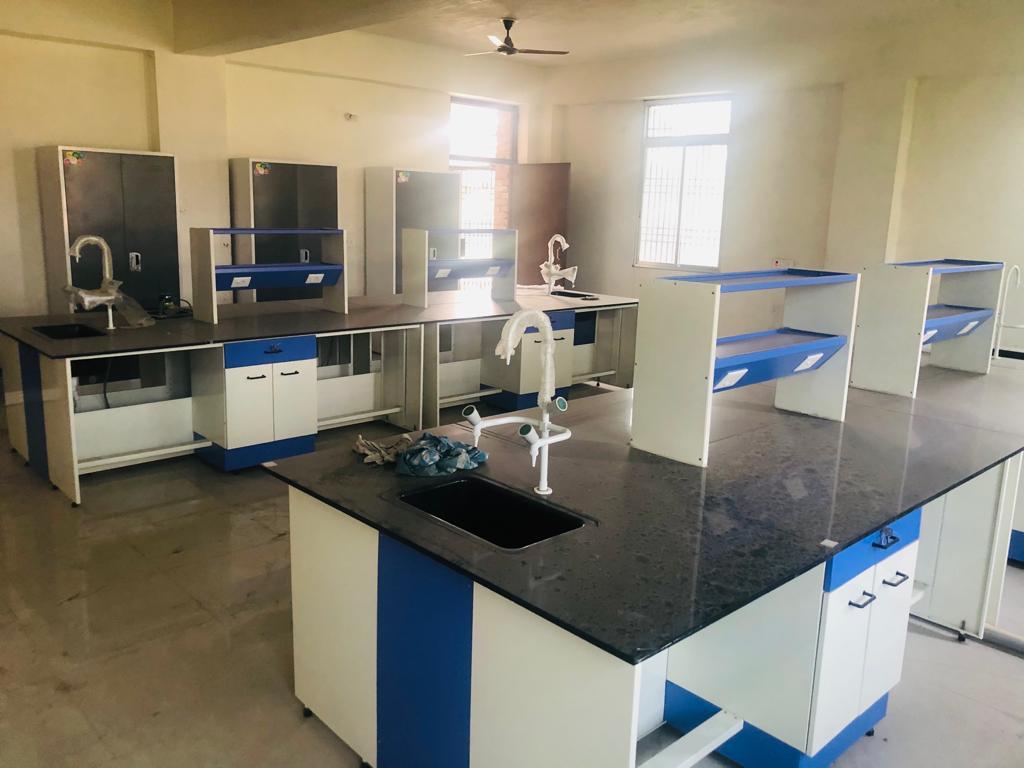Bachelor of Science (B.Sc)
BSc typically stands for “Bachelor of Science,” which is an undergraduate academic degree awarded for completing a program in the sciences or related fields.
We At RSGOI we offered these programs typically cover various scientific disciplines such as physics, chemistry, biology, mathematics, computer science, environmental science, and more. BSc courses usually include a combination of lectures, laboratory work, and practical exercises to provide students with a comprehensive understanding of their chosen field.
The BSc courses can be further classified into two categories – BSc Honours and BSc General or Pass. BSc Hons consists of a mix of elective and foundation courses, whereas BSc General focuses on fundamental BSc concepts. BSc course is a three-year undergraduate programme in the Science stream. Candidates who have completed their 10+2 exams are eligible to apply for the BSc programme at top colleges in India. The BSc Syllabus and Subjects include subjects such as Mathematics, Zoology, Botany, Physics, Chemistry, Psychology, Statistics, Nutrition, Home Science, Microbiology, Computer Science, Agriculture, and others.
Candidates who interested in careers in research,science, or technology have the opportunity to apply to the BSc course. Based on their skills, interests, and professional goals, candidates can choose from various types of BSc specialisations.
The key difference between a BSc Hons and a BSc General is that the former focuses on fundamental information about BSc courses while the latter combines electives and foundation courses.
On the other hand, the BSc General (Pass) courses provide basic knowledge of different Science subjects to the students. The BSc General courses are slightly less rigorous. However, they also include both theoretical and practical components.
BSc courses focus on specific subjects like Zoology, Chemistry, Physics, Botany, Computer Science, etc and help the candidates pursue the specialised field they are interested in.
BSc courses open doors to various professions in fields such as healthcare, technology, engineering, research, and more.
BSc courses can serve as a stepping stone for higher education, including master’s or doctoral degrees, which might be necessary for more advanced or specialized roles.
Many scientific advancements and innovations stem from BSc course graduates.
The BSc eligibility criteria can vary depending on the university or college offering the course. However, some common eligibility requirements are generally applicable to BSc courses in India. Keep in mind that these are general guidelines, and specific institutions may have variations in their criteria.
Candidates should clear Class 12 in the Science stream with a minimum of 50% – to 60% aggregate from a recognised board. It may be noted that the minimum percentage required for BSc admissions may vary depending on the policy of the university/ college to which a candidate is applying.
Candidates must have studied (PCM) Physics, Chemistry and Mathematics or (PCB) (Physics, Chemistry and Biology) as core subject combinations.
Generally, there is no age limit for pursuing BSc courses unless specified by an institute’s eligibility criteria.



